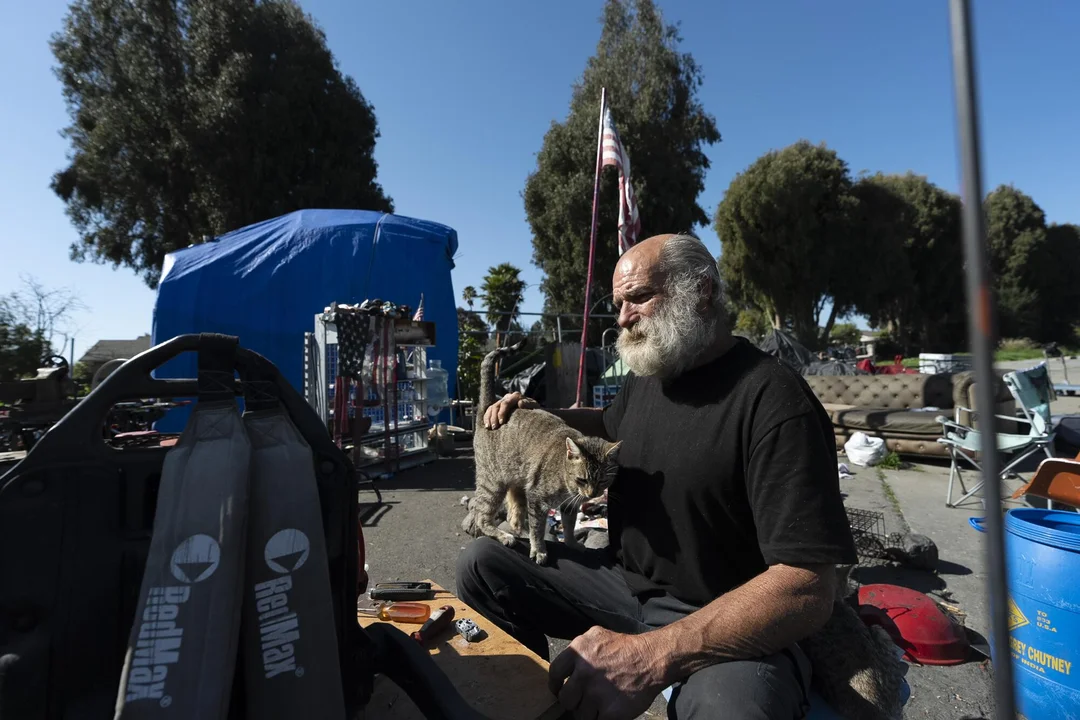
Fremont’s Homeless Ban Sparks Debate on Bay Area Anti-Encampment Laws
In a move that has stirred considerable debate across the Bay Area, the city of Fremont has recently implemented a ban on homeless encampments. This decision, made public on March 6, 2025, marks a significant step in the ongoing conversation about how cities should address the growing issue of homelessness. The new law prohibits individuals from setting up tents or other temporary shelters in public spaces, a move that has been met with both support and criticism.
Advocates for the homeless argue that the ban criminalizes poverty and fails to address the root causes of homelessness. They fear that without alternative housing options, the ban will simply push those without homes into more dangerous and isolated areas. Critics of the law have organized protests and are calling for more comprehensive solutions that include affordable housing and support services.
On the other hand, supporters of the ban, including some local residents and business owners, believe it is necessary to maintain public safety and cleanliness. They argue that encampments can lead to increased crime and health hazards, and that the ban is a necessary measure to ensure the well-being of the broader community.
The controversy in Fremont is reflective of a larger trend across the Bay Area, where several cities have been grappling with similar issues. In recent years, cities like San Francisco and Oakland have also considered or implemented their own anti-encampment laws, sparking similar debates about the balance between public safety and the rights of homeless individuals.
As the debate continues, the situation in Fremont serves as a focal point for discussions on how to effectively address homelessness in a compassionate and sustainable manner. The city's decision is likely to influence policies in other parts of the Bay Area and beyond, as communities across the U.S. search for solutions to this complex social issue.